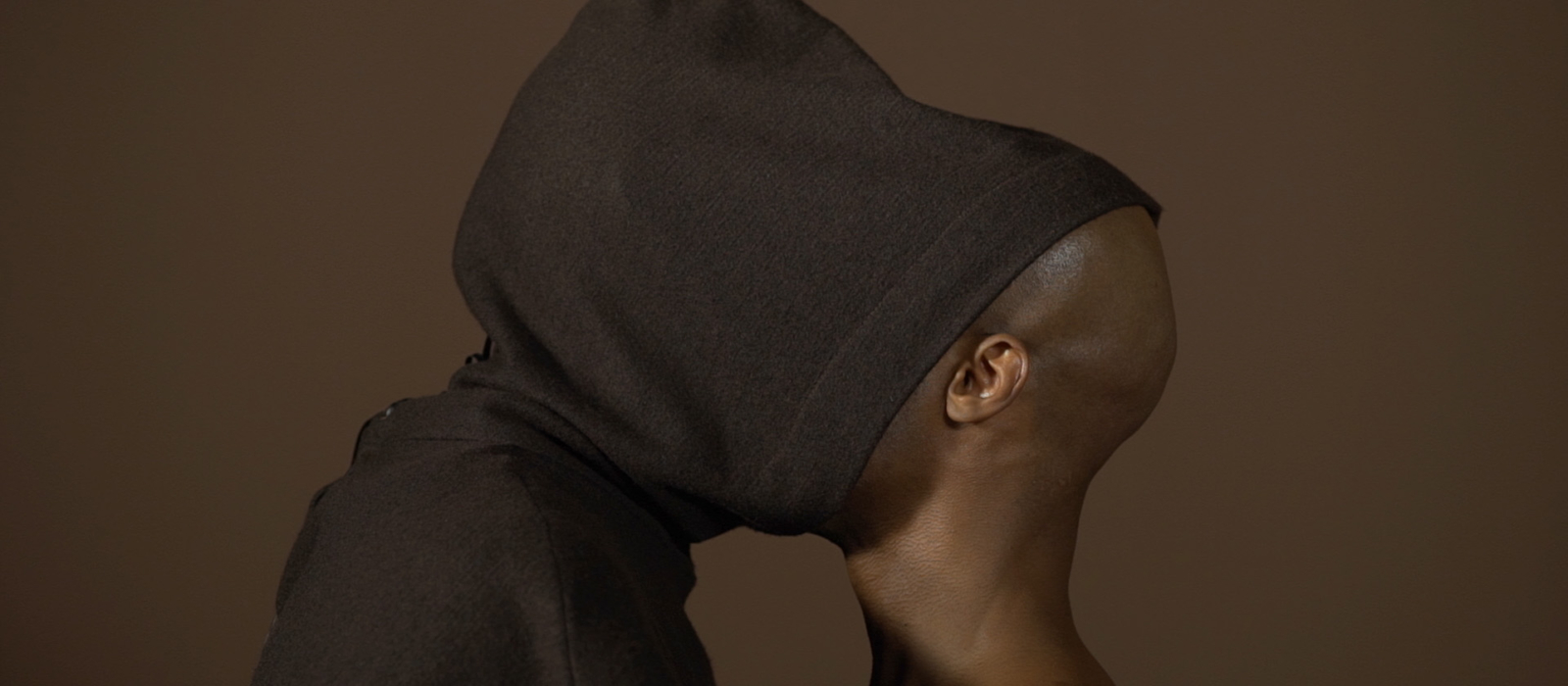Institute of the Arts & Sciences Announces Winter Exhibitions
Mia Eve Rollow & Caleb Duarte: EDELO and Levester Williams: Our Bedrock Exhibition Dates January 31 - April 6, 2025Opening Reception Friday...


This symposium compliments and informs two art projects by New York-based, Colombian-born artist Carlos Motta that will be on view at SFMOMA and UC Santa Cruz respectively. His projects focus on historical and present-day migrations and powerfully engage the production and management of borders both as (inter)national boundaries and sites of inclusion and exclusion. The symposium, produced by Carlos Motta in collaboration with Rachel Nelson, interim director, Institute of the Arts and Sciences, brings together artists, activists, and scholars to further interrogate the geopolitics of borders.
The panel discussions, keynote presentations, think-tanks, and performances that compose Bodies at the Borders are staged around the following questions:
How do issues of sexual orientation and gender identity, at their intersection with race, ethnicity, class, and religion, map onto policies of migration, national security, and notions of citizenship?
How are liberal ideas of sexual orientation and gender identity used to “pinkwash” brutal state policies underpinning some of the migration crises sweeping the globe? Conversely, how do exclusionary and inclusionary border politics target LGBTQIA+ populations?
How do trans* perspectives deepen the understanding of gendered and sexualized regimes of inclusion and exclusion?
How do histories of racial capitalism and forced human displacement plot the routes of border politics?
How are the sexual politics of settler colonialism and U.S. imperialism used to manage indigenous peoples and lands?
How do the walls of the prison industrial complex and the borders around nations merge in contemporary regimes of social and political containment?
Participants:
ALOK, writer and performance artist
Anjali Arondekar, associate professor of feminist studies, UCSC
Demian Diné Yazhi’, Diné, artist
Che Gossett, writer, archivist, and Ph.D. candidate, trans/gender studies, Rutgers
Denise Ferreira da Silva, professor and director of the Institute for Gender, Race, Sexuality and Social Justice at the University of British Columbia
Gabriel Arkles, Senior Staff Attorney, ACLU
Gina Dent, associate professor of feminist studies, UCSC
Jackie Vimo, scholar, policy analyst for the National Immigration Law Center (NILG)
J. Kehaulani Kauanui, Kanaka Maoli, professor of American studies, Wesleyan University
Joseph M. Pierce, citizen of the Cherokee Nation, associate professor of Latin American studies, Stony Brook University
Julio Salgado, artist
Karma Chávez, scholar, activist, and associate professor of Mexican American and Latina/o studies, University of Texas, Austin
Karolina López, trans activist, Familia: Trans Queer Liberation Movement, Mariposas Sin Fronteras
Maya Mikdashi, assistant professor of women and gender studies and Middle Eastern studies, Rutgers
Neferti Tadiar, professor of women’s studies, Barnard College, Columbia University
Pete Sigal, professor of history and gender, sexuality, and feminist studies, Duke University
Razan AlSalah, filmmaker, media artist
Sherene Razack, distinguished professor of women and gender studies, UCLA
Silky Shah, executive director, Detention Watch Network
Yosimar Reyes, poet and activist
Sima Shakhsari, assistant professor of gender, women, and sexuality studies, University of Minnesota
Collaborators and sponsors for Carlos Motta: We The Enemy and Bodies at the Borders include the Center for Cultural Studies, Lionel Cantú Queer Resource Center, and the Arts Division. The exhibiton and programming has been generously funded by the Nion McEvoy Family Fund, Rowland and Pat Rebele, and annual donors to the Institute of the Arts and Sciences and the Mary Porter Sesnon Art Gallery.